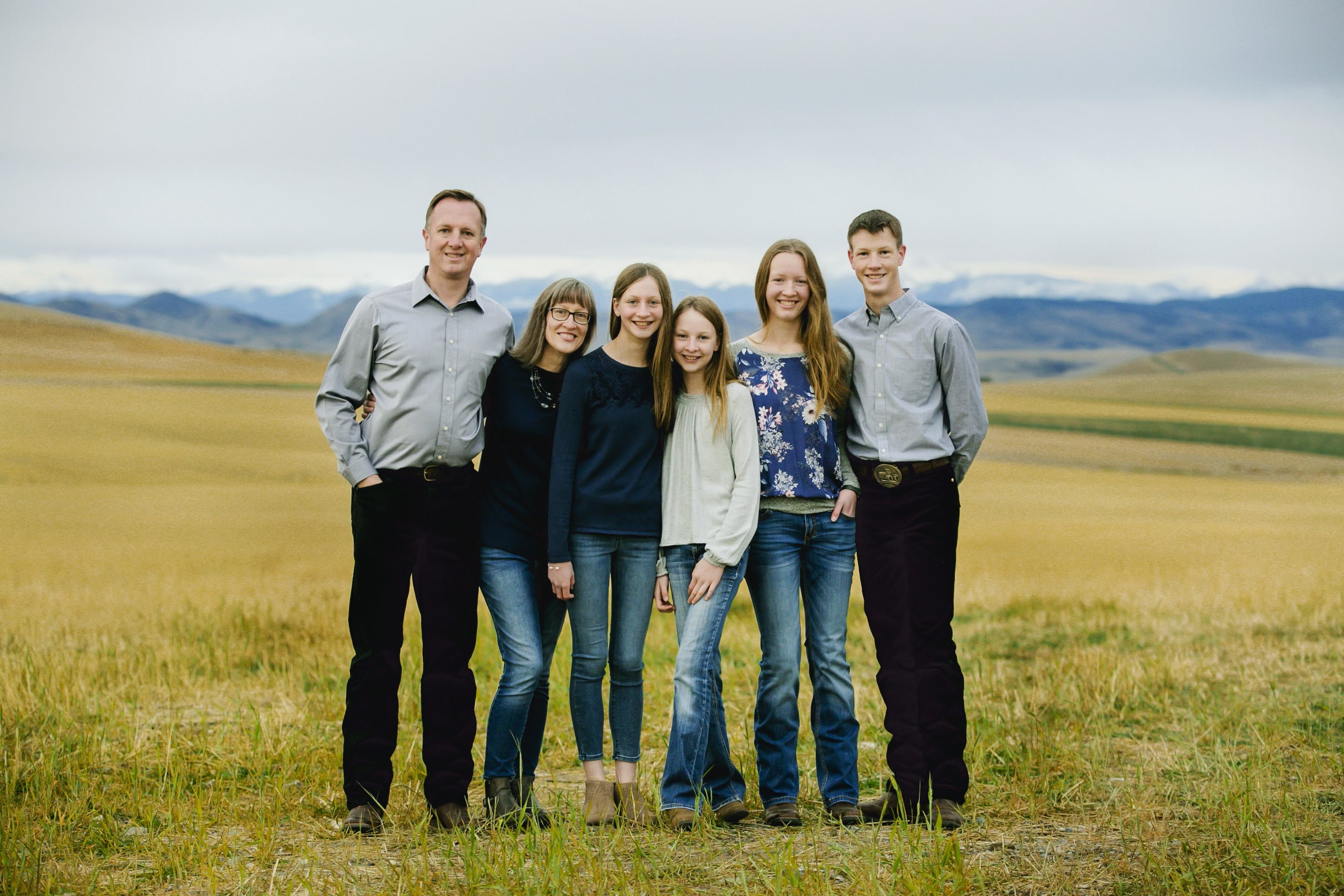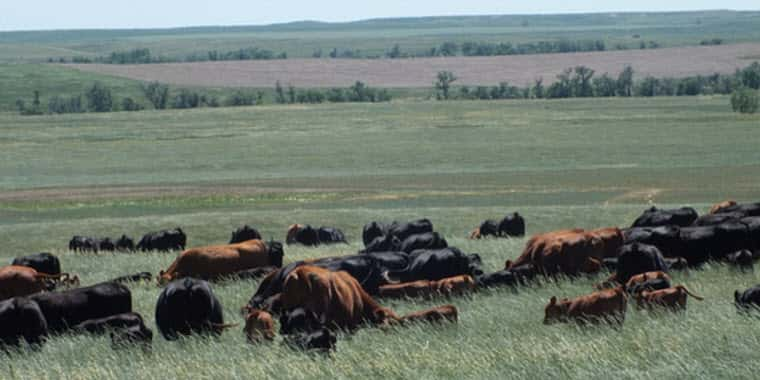Three finalists have been selected for the 2025 Montana Leopold Conservation Award®.
The award honors ranchers, farmers, and forestland owners who go above and beyond in their management of soil health, water quality and wildlife habitat on working land.
Named in honor of renowned conservationist Aldo Leopold, this award recognizes landowners who inspire others with their dedication to environmental improvement. In his influential 1949 book, A Sand County Almanac, Leopold advocated for “a land ethic,” an ethical relationship between people and the land they own and manage.
Sand County Foundation and national sponsor American Farmland Trust present the Leopold Conservation Award to private landowners in 28 states. In Montana, the $10,000 award is presented with the Montana Department of Natural Resources and Conservation, and the Rangeland Resources Program.
“As the best stewards of our working landscapes, Montana farmers and ranchers set a high bar as they go above and beyond to preserve our treasured natural resources,” said Governor Greg Gianforte. “The Leopold Conservation Award recognizes the dedication and innovation of the farmer, rancher, or forested landowner who has set the standard as a caretaker of our land and water. The State of Montana thanks all honorees for their efforts and congratulates their success.”
The award finalists are:
Living Sky Grains of Three Forks in Broadwater and Jefferson counties: Living Sky Grains is a dryland farm where Franck and Kari Groeneweg grow flax, canola, camelina, sunflower, buckwheat, yellow peas, dryland corn, mustard, lentils, wheat, and other grains using innovative techniques that prioritize conservation and soil health. With home-brewed compost and other biological products they have created a closed-loop system that minimizes the need for external inputs like phosphate and potash. With continuous cropping and no-till practices they positively impact the water cycle. To increase the presence of beneficial insects they have established pollinator strips.

Oxbow Cattle Company of Missoula in Missoula County: Bart and Wendy Morris’ direct market grass-finished livestock and meat business utilizes a rotational grazing system to achieve increased ground cover, improved water infiltration, more plant diversity, and a healthier soil microbial community. They have also partnered with conservation organizations to make improvements to the Bitterroot River and smaller creek tributaries, ensuring their banks can re-stabilize and riparian plants can establish themselves. Oxbow Cattle Company is certified as “Bird Friendly Land” by the Audubon Conservation Ranging Program for its commitment to wildlife.
Thomas Herefords of Gold Creek in Powell County: Bruce and Tammy Thomas have successfully integrated sustainable ranching with producing high-quality Hereford cattle that are marketed globally. Converting from flood to pivot irrigation has reduced their water usage. A rotational grazing system has improved their pastures, which benefits cattle, deer, elk, and birds. Wildlife-friendly fencing is used across their rangeland and riparian areas. Their collaborative approach with government agencies and conservation organizations has led to environmental improvements on their ranch and beyond. Bruce has served on the Upper Clark Fork Watershed Restoration Council.
Montana landowners were encouraged to apply, or be nominated, for the award. An independent panel of Montana agricultural and conservation leaders reviewed the applications.
The award recipient will be revealed later this year. Last year’s award recipient was Wickens Salt Creek Ranch of Hilger.
The Montana Leopold Conservation Award is made possible through the generous support of American Farmland Trust, Montana Department of Natural Resources and Conservation, Rangeland Resources Program, Sand County Foundation, Sibanye-Stillwater, AgWest Farm Credit, USDA Natural Resources Conservation Service, Grazing Lands Conservation Initiative, Montana Farm Bureau Federation, Ranchers Stewardship Alliance, Soil and Water Conservation Society, Western Landowners Alliance, Western Sustainability Exchange, and World Wildlife Fund.
For more information on the award, visit www.leopoldconservationaward.org


